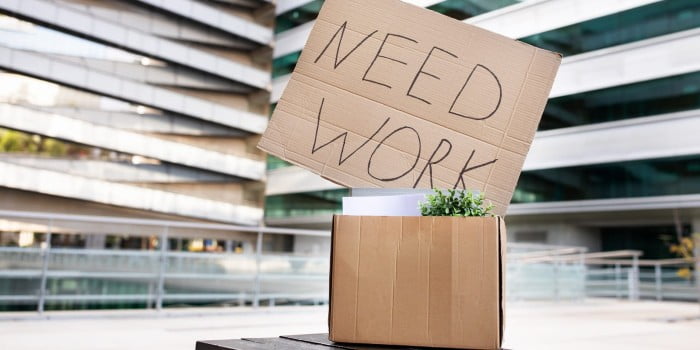The June figure is above analysts’ forecasts and is the highest since August 2018 as supply shortages and rising demand due to the easing of lockdown restrictions resulted in higher prices last month.
Dearer clothing, food, footwear, fuel and secondhand cars were to blame for the jump in the annual inflation rate from 2.1pc to 2.5pc in June, the Office for National Statistics (ONS) reported. The figure was the highest since the 2.7pc recorded in August 2018, higher than the 2.2pc expected by analysts and above the Bank of England’s (BoE) 2pc target.
Core inflation, which leaves out alcohol, energy, food and tobacco, climbed from 2pc to 2.3pc, also above the experts’ forecast.
BoE policymakers expect rising inflation to be temporary and have given the impression that it should not cause an early increase in interest rates from their current record low of 0.1pc.
Some of the increase in inflation as measured by the consumer prices index (CPI) has been caused by the rebound in prices following the length of time they remained low during lockdown, according to the ONS.
US prices hit 13-year high
The supply of new vehicles has been affected by a global shortage of computer chips, causing steep increases in the cost of secondhand cars, up 5.6pc. Rising oil prices too have led to a sharp jump in motoring costs. Following an increase in average petrol prices from 106.5 pence per litre to 129.7 pence per litre over the past 12 months, the annual inflation rate for motor fuels stood at 20.3pc in June, the highest since 2010.
Other causes of rising inflation included increased costs of bicycles (13pc), books (8pc), vet bills (4.2pc) and women’s clothing (4.3pc).
Jonathan Athow, deputy national statistician for economic statistics at the ONS, said the increase was widespread, arising, for example, from price increases for food and for secondhand cars where there is said to be increased demand.
Some of the increase, he said, has been caused by temporary factors, such as rising fuel prices which continue to push up inflation, but much of it is down to prices recovering from lows earlier in the pandemic. Yet an increase in prices for clothing and footwear, compared with the usual seasonal pattern of summer sales, also added to the upward pressure last month.
However, the UK is not alone in experiencing stronger inflationary pressures at a time marked by strong post-lockdown growth. The US last week reported its inflation rate had hit a 13-year high of 5.4pc. Analysts expect further increases over the coming months before it starts falling again.
Govt must cut red tape
Yael Selfin, chief economist at accountancy firm KPMG UK, said although a combination of factors could push inflation above the BoE’s 2pc target, he expects it to peak at around 3pc by the end of this year, as many businesses continue to manage rising costs and supply chain shortages.
The prospects, he said, of downward inflationary pressures next year, as companies adjust to new levels of demand, should provide the BoE with the leeway to keep interest rates unchanged for a while longer.
Sanjay Raja, a senior economist at Deutsche Bank, believes price spikes will be temporary and expects the CPI to peak at 3.9pc in November.
Bridget Phillipson, shadow chief secretary to the Treasury, said businesses are struggling to obtain the supplies and the staff they require, leading to shortages and higher prices.
The Government, she said, must do all it can to keep materials and other supplies moving to prevent shortages, including cutting the unnecessary red tape following the EU-UK agreement. Much better training must also be provided so that the country has access to the skills required here in the UK, she added.






